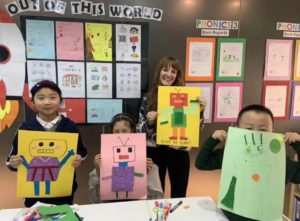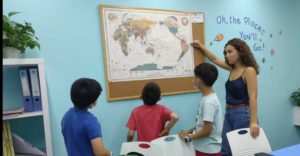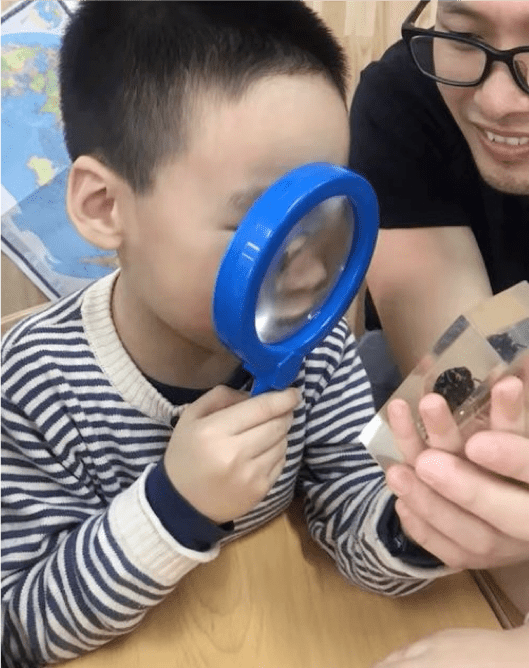Free play in early childhood
Some parents are aware of the importance of play but have no idea of the reasons behind it.
‘Stop playing’, ‘calm down’ ‘behave yourself’.
These are phrases and actions often muttered and openly expressed by parents responding to apparent misdemeanour in their children. Parents of all backgrounds react to playful recurrences provided by their child as nothing more than a futile nuisance and even take away potential stimulants like toys. But… is it actually a problem?
I would say, relax! Take a step back for a minute and let’s look at it from a different angle. You need to make money, and kids need to play! Play is the most natural and enjoyable thing a child can do.
Kids love to explore! As young as a 6-month old, he or she may take books off the shelves, turn book pages, and peer into the wardrobe or drawers. The baby could continue until the entire house is in a mess.
Perhaps you’re thinking ‘if this was my son, I’d go crazy!!’ But the truth is, this is completely normal. This is just one of the many ways that a 6-month old baby would play.
Since your child likes going through the house searching for things, why don’t you make the play more exciting by introducing more (yes, MORE) stimulants. Perhaps wrapping up a toy in paper. You are basically scaffolding the barebones of discovery into his play!
As he’s curious about what’s inside (remember, children enter the world filled with curiosity), he would need to think of a way to unwrap the paper (problem solving). He might bite first, and then try to unwrap the paper with his hands and teeth. This requires patience (increase attention span) and hand muscles (fine motor skills).
 playing with puzzles.
playing with puzzles.Children enjoy experimenting and figuring things out. Often, they won’t stop until they’ve completed a difficult task (increase attention span).
When children play, they like trying new ideas (critical thinking) while experimenting. This stimulates creativity. They gradually become more innovative and able to express themselves in new ways. Trying something new opens up the possibility for a child to enjoy something new.

Ethan is ‘fishing’ a crocodile. Have you ever seen this action in real life? Is it wrong? No, and why not?!
The thing is, Ethan has never been fishing before, let alone fish a crocodile, so how does he know that red thing is a bait and it goes into the crocodile’s mouth. Because we, humans, eat with our mouth too! Ethan has now found a new interest – fishing! And he is a flexible thinker with imagination!
For a 4-year-old, it’s genius!
The importance of play in early childhood is extremely crucial so don’t underestimate the power of play. Play can be utilised as an essential part of learning and as a vital tool in child development. Play can enrich a child’s learning process from an early age and help the child understand, explore and develop many other skills through different experiences.
If you are interested in teaching early years children, check out our job board now!

